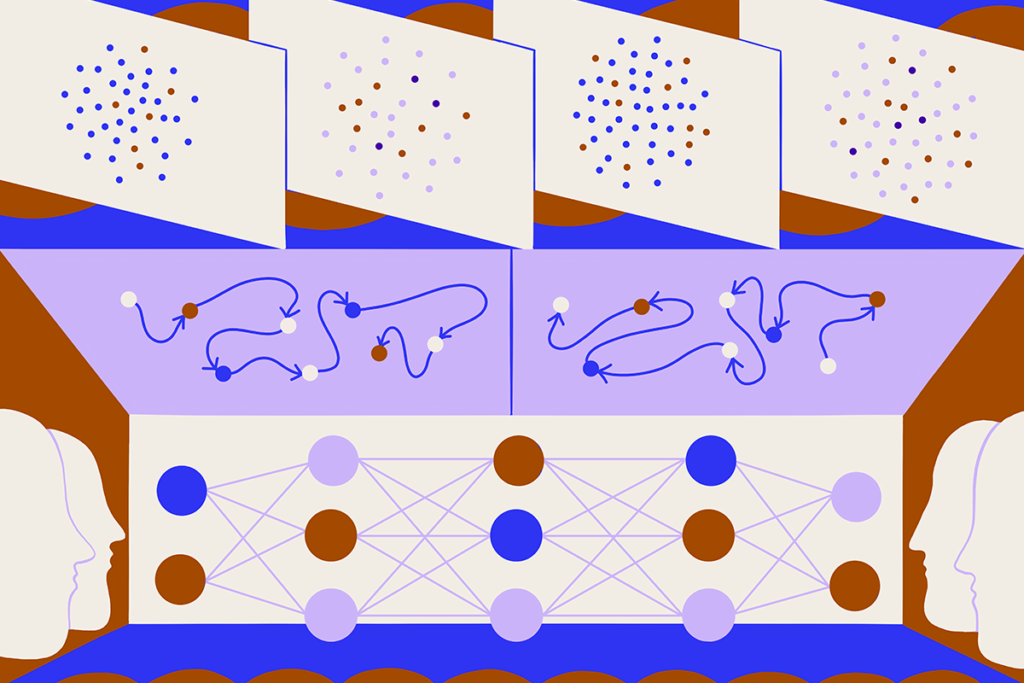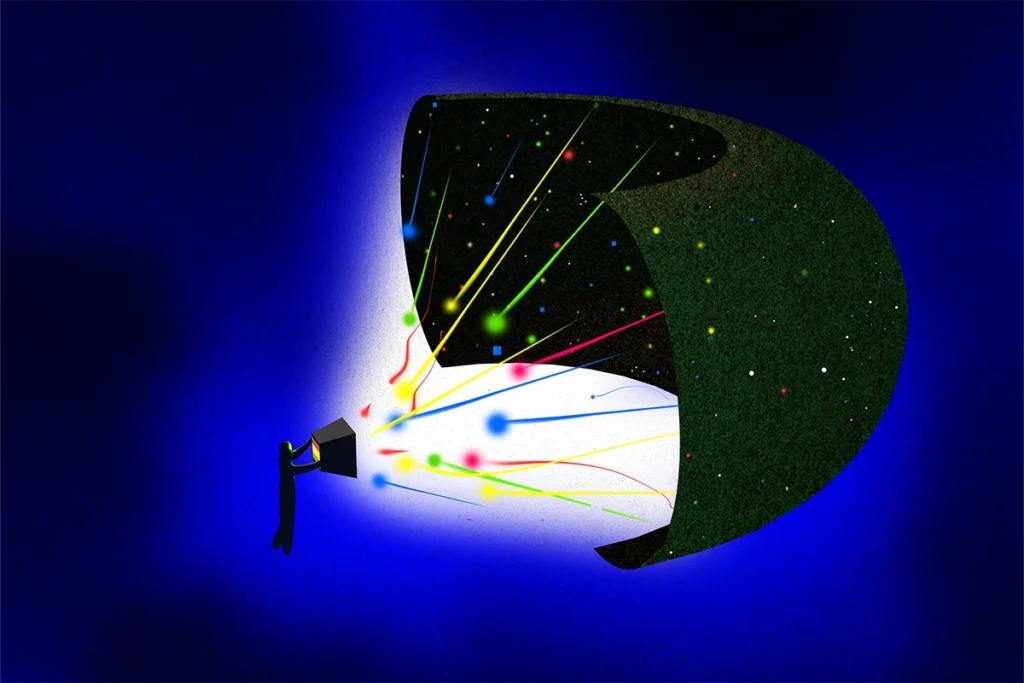Marino Pagan is a principal investigator at the Simons Initiative for the Developing Brain and the Center for Discovery Brain Sciences at the University of Edinburgh. Using a combination of experimental and computational approaches, Marino aims to investigate the mechanisms linking neural-circuit abnormalities to cognitive dysfunction in genetic rat models of autism.
He received his B.S. in computer engineering and his M.S. in control engineering from Scuola Superiore Sant’Anna and the University of Pisa. He completed his Ph.D. in neuroscience at the University of Pennsylvania in the laboratory of Nicole Rust, where he studied the neural circuits of visual object search in macaque monkeys, using electrophysiology and computational modelling. His postdoctoral research with Carlos Brody at Princeton University focused on the neural mechanisms underlying cognitive flexibility. To approach this problem, Pagan trained rats to perform complex rule-switching tasks, traditionally studied in primates. This enabled the use of the powerful techniques available in rodents to record and perturb neural activity during behavior.


